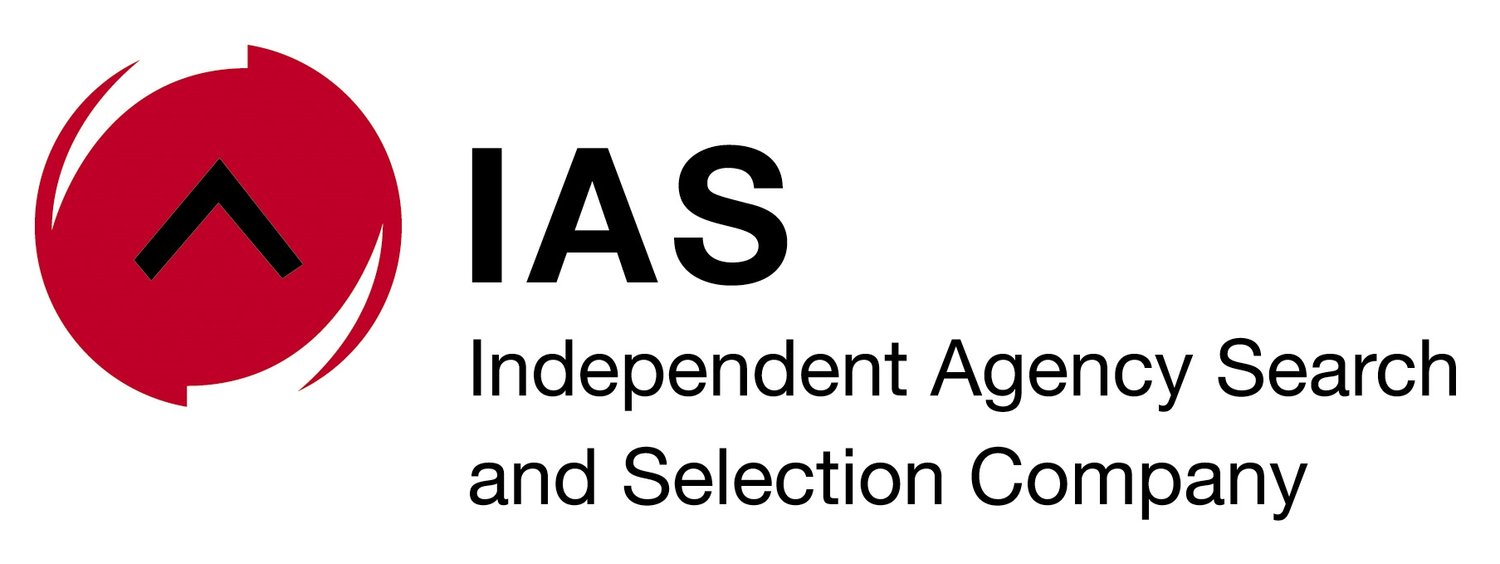It’s therefore a key part of the role of us pitch intermediaries to ensure that sufficient access to the potential client is granted without this being abused.
How may this be done effectively?
The public sector pitch process is largely ineffective in this area because of the rules of engagement, which don’t allow for site visits or chemistry sessions, and because all questions regarding the content of the submissions have to be shared with all participating agencies.
While I understand that this is important for procurement, it’s an anathema to participating agencies. No agency worth its salt will want to share any questions or answers to them with any of its competitors. Consequently, I believe that the quality of the final pitch content is often suboptimal because of that particular rule.
I’ve discussed the role of chemistry sessions in a pitch process previously in this column so I’ll refrain from repeating myself except to say that, when evaluating agencies at chemistry stage (an eliminating stage in my process), I encourage marketers to listen carefully to the quality of questions that the agencies will be asking in their individual chemistry sessions.
Those questions often display the agency’s approach to a pitch and to the brand or service under review and will either positively engage or put off a marketer.
Final pitch stage
During the final pitch stage, where typically there are only three finalist agencies competing, I try and allow as much access to the marketer as possible, and this will include an individual agency Q&A session with the marketing team. These sessions are either virtual or in person but, again, it allows the agency to have more exposure to the marketer and vice versa.
While the Q&A sessions are not eliminating sessions, they do reveal the quality of thinking that the agency team has — and is putting forward into its final pitch presentations.
In the final pitch presentation itself, I’ll always request agencies to allow 30 minutes for Q&A. These questions might all come from the client team but they might also come from the agency team. I coach agencies to have some questions prepared that may well shed light on how the agency was thinking during the final stages of their preparations for the pitch. Allowing that time, instead of presenting wall to wall within the time allowed, means that both parties have the chance to think and to get to know each other.
The outcome of pitches is often decided on small issues, and it’s astonishing to see how important the quality of questions becomes in the final analysis.
Tells us a great deal
How the questions are asked by the marketer and how the questions are answered by the agency tells us if the agency retreats into defensiveness or not. How questions are posed by the agency teams tells us a great deal about the cohesiveness of thinking of that agency, the involvement of various team members in the process and, ultimately, how the quality of the work will be managed into the future.
Even if a pitch process isn’t managed by an intermediary, and, in South Africa less than 20% of pitches are managed by pitch consultants, I encourage procurement and marketing teams to consider carefully the question part of the pitch process.
You may also be interested in The Secret to Being Your Agency’s #1 Client—On Any Budget

